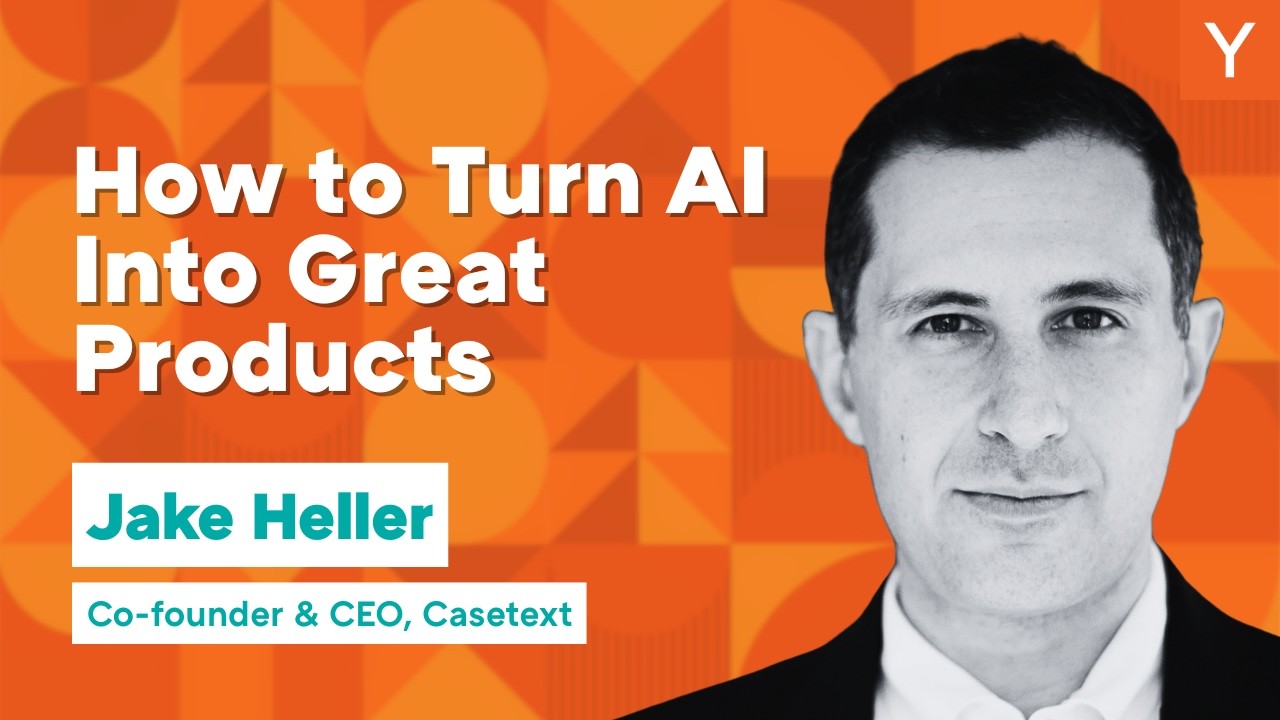The speaker shares key lessons from building a successful AI startup, emphasizing the importance of choosing ideas that solve real, paying problems, rigorously refining AI products through deep domain expertise and extensive testing, and leveraging outstanding product quality as the best marketing tool. He also highlights strategic pricing based on delivered value, building customer trust through pilots, and focusing on complex, defensible AI solutions to achieve impactful and valuable exits.
In this talk, the speaker shares insights from building an AI startup that successfully exited for $650 million, focusing on three key areas: choosing the right idea, building the product, and marketing and selling it effectively. The speaker, a former lawyer turned entrepreneur, emphasizes the importance of selecting ideas that solve real problems people are already paying to have done, such as customer support or legal work. He categorizes AI applications into three types: assisting professionals in their tasks, replacing jobs entirely, or enabling previously unthinkable capabilities by leveraging AI’s power to handle massive amounts of data efficiently.
When it comes to building AI products, the speaker stresses the necessity of deep domain expertise and understanding exactly what professionals do in their work. He advises breaking down complex tasks into specific steps that can be translated into prompts or deterministic code, depending on the nature of the task. A critical part of building reliable AI applications is rigorous evaluation—creating objective tests to measure accuracy and iteratively refining prompts until the AI performs at a high level of reliability. This process requires patience and dedication, often involving weeks of continuous prompt tuning to achieve near-perfect results.
The speaker highlights that the hardest part is not building the AI but ensuring it works consistently in real-world scenarios. He recommends extensive testing with real customer data and continuously updating evaluations based on actual user interactions. This ongoing refinement helps address unpredictable user inputs and builds trust in the product’s reliability. He also points out that many startups fail by stopping at demo-level accuracy, which is insufficient for practical use, and encourages founders to push beyond that to create truly dependable AI solutions.
On the marketing and sales front, the speaker challenges the common notion that sales and marketing trump product quality. He argues that having an outstanding product is the most effective marketing tool, as it generates word-of-mouth referrals and organic interest. He advises pricing AI services based on the value delivered rather than traditional software subscription models, often charging significantly more than typical SaaS products because of the substantial cost savings or efficiency gains provided. Building trust with customers through pilot programs, head-to-head comparisons, and thoughtful onboarding is essential to converting trials into long-term revenue.
Finally, the speaker addresses common questions about competition, market selection, and defensibility. He encourages founders not to fear competitors, as the market is vast and often underserved. Instead, focus on large problems that AI can solve and build deep expertise in those areas. Regarding defensibility, he notes that the complexity of building a reliable AI product—including data integrations, prompt engineering, and model selection—creates significant barriers to entry. Overall, the talk offers practical, experience-based advice for founders aiming to build impactful and valuable AI startups.
